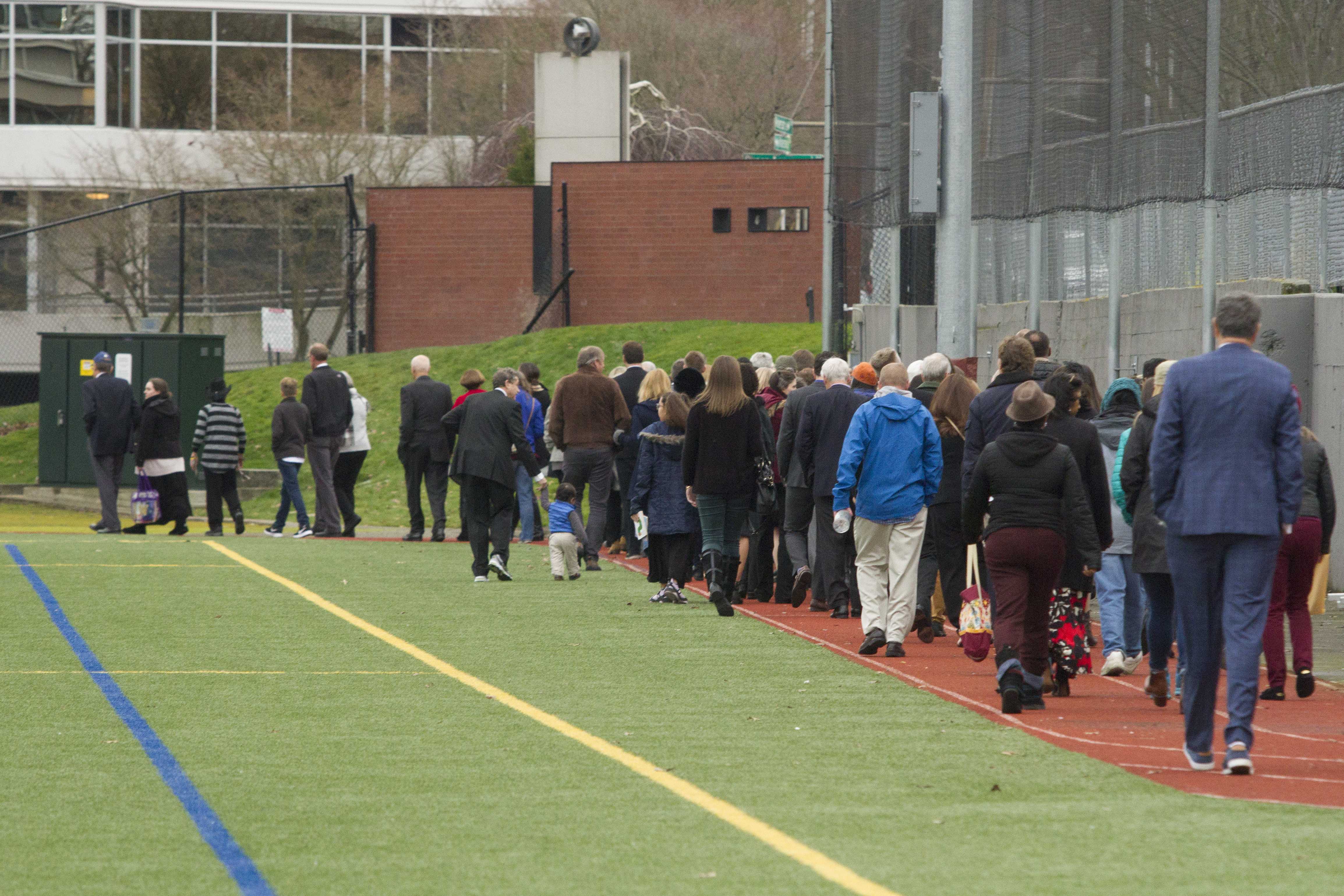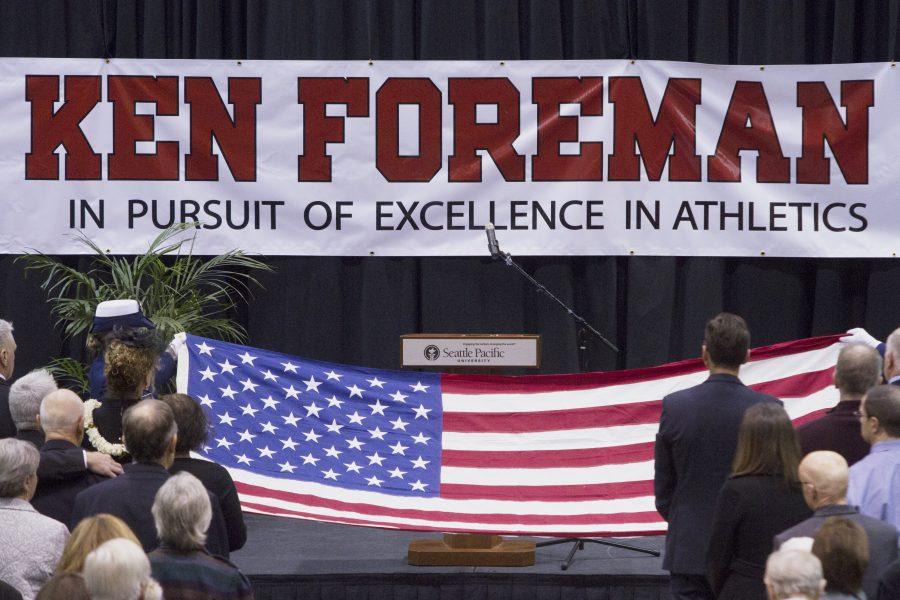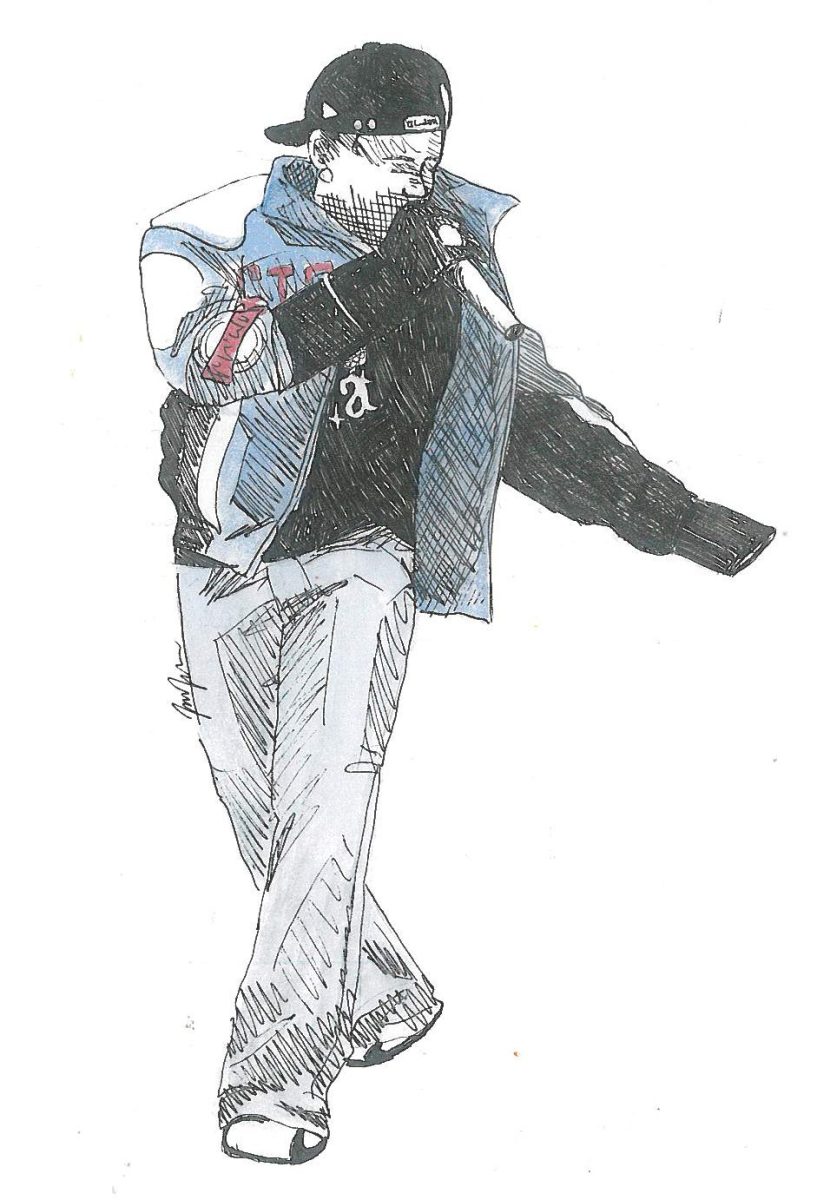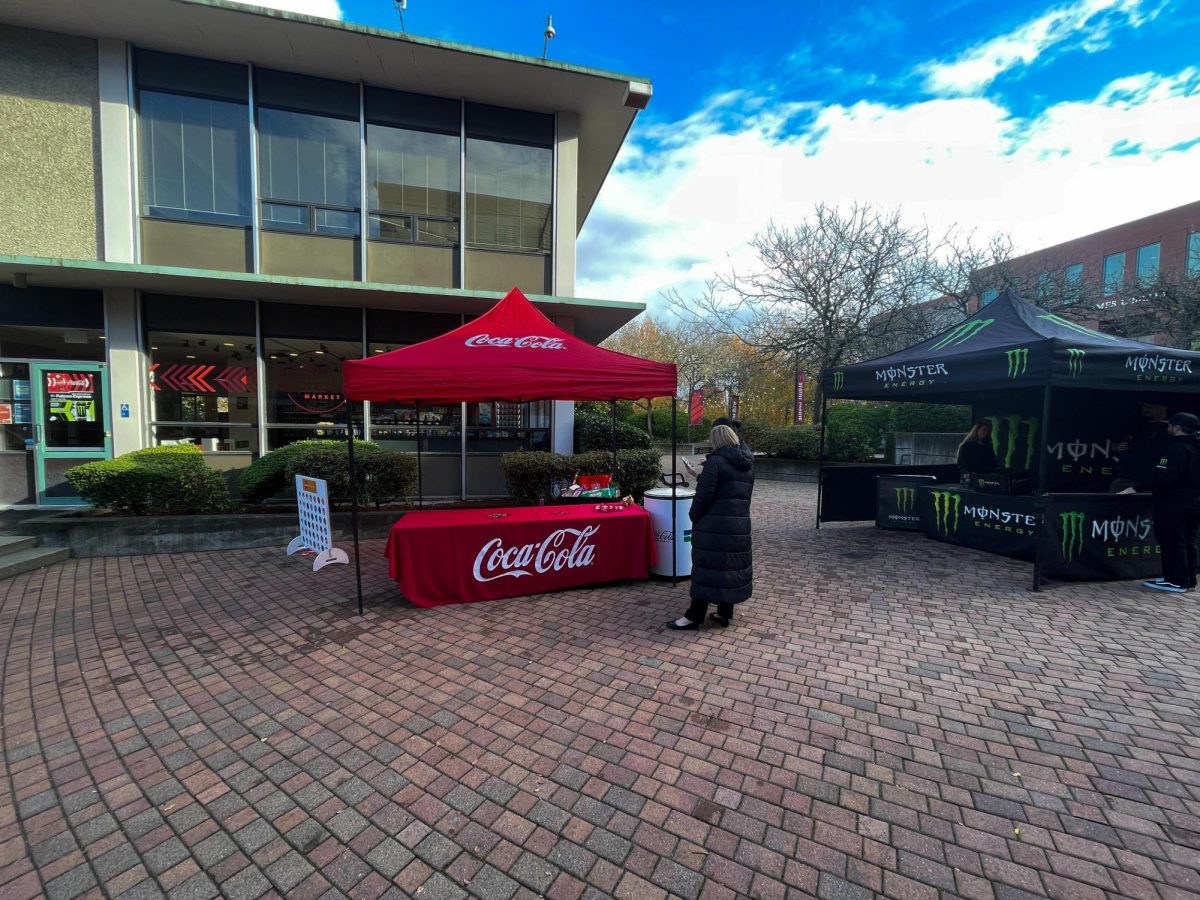A memorial service was held last Sunday for long-time Falcon’s track and cross-country head coach and celebrated athletic director Ken Foreman who passed away on Sunday, Dec. 23, at the age of 96.
Foreman dedicated five decades of his life, from 1950 – 2000, coaching track, cross-country and basketball as a Falcon. He also held the position of athletic director from 1952–1957. His accomplishments stretched past collegiate athletics, coaching 14 different international track teams and selected to coach three different Olympic track and cross-country teams.
According to Seattle Pacific University’s current Athletic Director Jackson Stava, Foreman was the pioneer and driving force behind women’s athletics at SPU, and he left behind quite the legacy.

When Foreman was originally hired on as a professor, he also took on the role of coaching the men’s track and cross-country teams. However, his efforts to serve SPU athletics did not stop there. He assumed the role of head coach with a women’s track and field club in 1955, because unfortunately at the time there were no established women’s athletics.
“He had a major contribution in building women’s sports programs. … He was originally coaching men’s track and distance, but he also coached a women’s track club for over a decade because he saw the value in those students and the things they could achieve,” Stava said.
Eventually Foreman, alongside the women competing in the track club at the time, were able to establish themselves as an official SPU team that could compete against neighboring schools in the National Collegiate Athletic Association.
“Someone would’ve come along and [created women’s track sports] eventually, but he was the one to do it, he was the one to invest in these students,” Stava said. “He’s a big reason why we have the impact we do in the NCAA, Division II sports or that we have the number of women’s sports and programs.”
During his time coaching track and cross-country, Foreman produced 159 All-American athletes, 26 of which won national collegiate championships.
One of these athletes was Doris Brown Heritage, who won the International Cross-Country Championships five times in a row (1967 through 1971) and collected two silver medals for the 800-meter sprint at the Pan American Games in 1967 and 1971. She also placed fifth in the 8000-meter at the 1968 Summer Olympics. Brown briefly held the world record in the 3000-meter in 1971.
Many great athletes, especially female athletes, who may have not had the opportunity to compete, were coached and brought up by Foreman.
Along with being the base of women’s athletics at SPU, Foreman played significant role in the establishment of Royal Brougham Pavilion. He designed how the track was paved and was an advocate for the building.
“Foreman did things like make a track fit where a track should not actually fit,” and that innovation advanced and enabled royal Brougham’s construction, Stava said.
Foreman’s own memorial was held in Royal Brougham.
Beyond SPU, Foreman was recognized as a fantastic coach and was given many opportunities most coaches never receive. He was selected to be a part of the coaching staff of 14 different U.S. international track teams, which included being head coach of the women’s track team for the 1980 Olympics. A few of the women amongst the international teams came from SPU, like Lorna Griffin, Pam Spencer and Sherron Walker.
Foreman eventually spent several more years coaching for the Falcons, and in his final year of coaching for SPU in 2000 he was awarded the National Coach of the Year award.
He retired from coaching at SPU, moved to Kona, Hawaii and spent approximately 17 years coaching track and cross-country at a local high school before passing away.
“It’s hard to pinpoint just one of his many contributions, but his involvement in starting women’s sports is unparalleled. He was really the pioneer women’s sports,” Stava said.






















































































